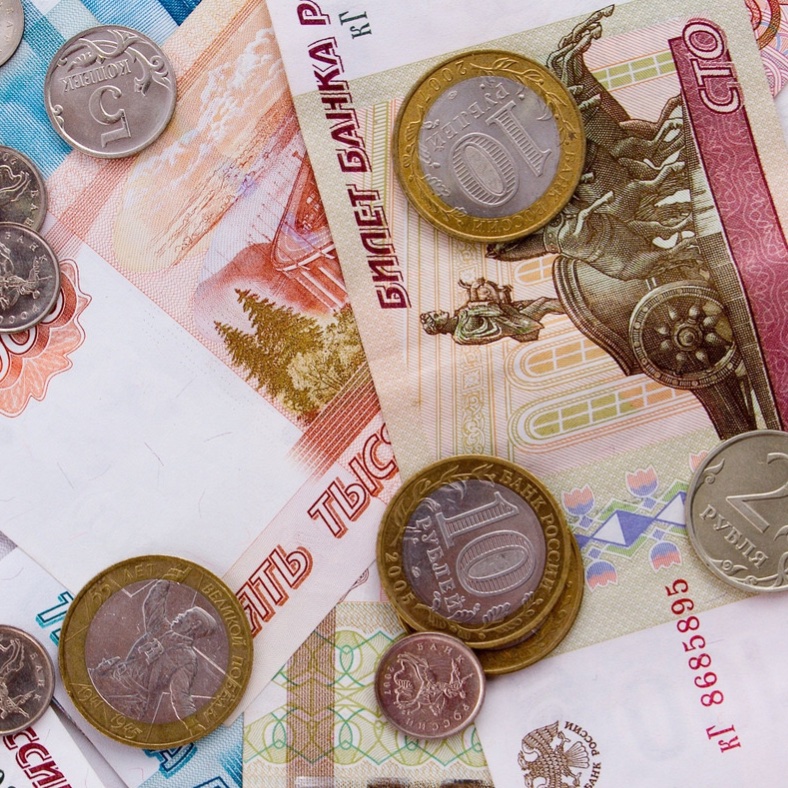Published:
Russia is the world's "most heavily sanctioned" country. More than 30 countries have been a part of these sanctions. Although it has been a year now of intense restrictions since the war on Ukraine, there seems to be little change in the country's economy.
U.S. officials predicted that Russia's economy would shrink more than 15% in 2022 - in reality, its economy shrunk 2.2%. In fact, its economy is expected to outperform that of the U.K.'s this year. Although oil tax revenues have decreased, Russia is not facing mass unemployment, and its currency remains strong.
It is expected that existing export controls and financial sanctions from the West will eventually wear down the country's economy, after having only been supported by oil and energy exports. There has also been a tightening cap set on the country's oil by the European Union as of December of 2022. This comes with a boycott on most Russian oil. The cap will work to deteriorate Russia's economy. It should also put a dent in earnings that are used to fund the military's attacks against Ukraine during the war. We could begin to see the country's currency shrink in the following months.
Other experts say that there are "significant" reserves of money that still have not been touched by sanctions, and will not be any time soon. Russia has also created ties with India and other Asian countries. These nations have become an important source of oil revenues for Russia. Given that there is still a consistent income from oil, some expect that Russia is unlikely to be heavily impacted by sanctions this year. The country ultimately faces no pressure to end the war on Ukraine with no current significant economic hits. It could be possible for the country to face a slow decline that would look like years of economic stagnation.
On the ground, 191 foreign companies have extracted operations, and 1,169 others plan to. 1,223 companies are maintaining operations in the nation. By and large, locals are still able to purchase the same products as before the West's boycotts and sanctions, with only a subtle rise in prices. International brands alongside any needed local substitutes fill market aisles. Online retailers have taken on the role of continuing to provide international brands for the country. An example of such a retailer is Wildberries, which offers the iPhone 14 for roughly the same price as in Europe since Apple has seized sales in the country. Another example is Yandex, which sells home goods that were left over in the country from IKEA. Foreign companies, such as Starbucks, have also been taken on by locals under different names. The country continues to gain access to international brands through exports from third world countries. Smartphones and cars from China are "increasingly available" via Armenian exports, which rose to 49% in the beginning half of 2022.
Even with the availability of foreign goods through third country exports, Russia will not be able to sustain their economy at the same levels long-term. The possible loss of Western technology will make it hard for the country to compete on a global level. Oil tax revenues have already decreased, and with tighter sanctions, it may only take time to see significant pressure being placed on Russia's economy.
File under






